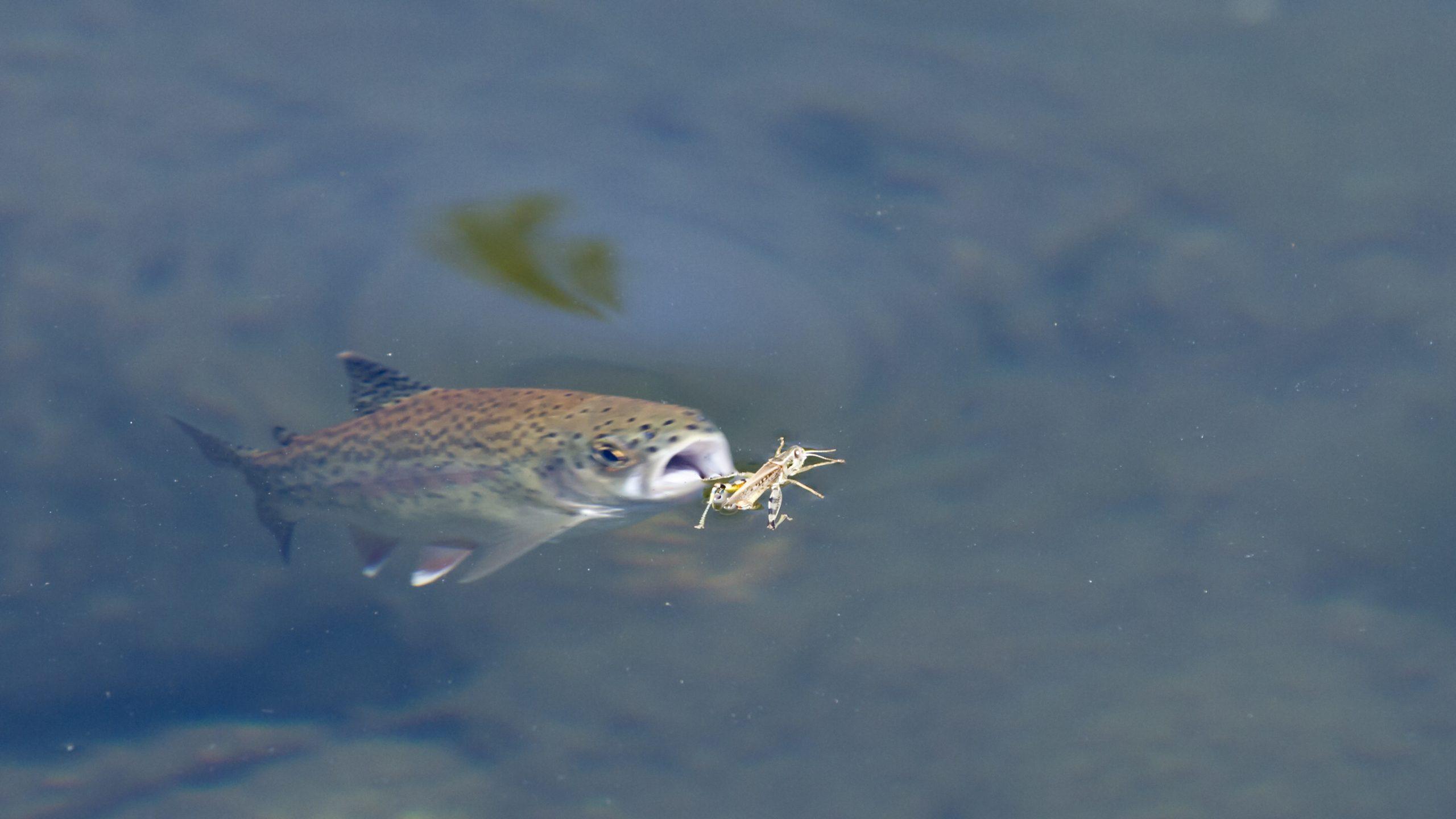Crunching a glistening beetle’s body between your teeth? A lot of people find the idea off-putting. Nonetheless, insect-based ingredients are excellent sources of protein. They may not appeal to gourmets yet, but more and more farmers are taking interest in them. Two French companies, Ynsect and InnovaFeed, stand out from the pack internationally. In early October, the former announced that it had raised $372 million, largely from American investors, in a funding round that started in January, 2019. That’s a record for a company in the agricultural sector.
“Ynsect intends to use the capital to finish building the world’s largest insect farm, near Amiens, in northern France.”
Production should start in early 2022, with a target of 100,000 tons of feed for fish- and shellfish-farming and pet food, as well as for natural fertilizer for plants.
The company has developed what it’s calling “coleo-culture,” meaning beetle farming, specifically, mealworm beetles, whose larvae are particularly high in protein. The worms are raised in a vertical farm, a system that has numerous economic and environmental advantages. Producing a pound of insect protein takes 100 times less farm land than producing a pound of animal protein. Beetle farming also uses 25% less water and doesn’t require antibiotics. Lastly, as animal feed, insect-based ingredients provide up to 35% higher yield than natural foods.
InnovaFeed is the other French company championing insect protein. In 2017, they launched a pilot site Gouzeaucourt (northern France) that produces 1,000 tons of proteins a year. Now the company has just inaugurated its first full-fledged insect farm in Nesle (in the Somme), where they aim to produce 15,000 tons a year. Rather than going with beetles, InnovaFeed chose black soldier flies, whose larvae are also excellent sources of protein. The applications are the same as for the proteins developed by Ynsect, i.e. as an ingredient for pet food and feed for farmed fish, as well as a fertilizer produced from the insects’ excrement.
By farming little arthropods, these two French start-ups are involved in one of the biggest issues facing us in the 21st century: global food security. How can we feed a population that should reach 8.5 to 10 billion people by 2050, while reducing our environmental impact at the same time? Insect-based foods, whose production requires less land and less water for higher yields, represent a highly promising option for feeding farm animals. As for getting people to eat worms – no matter how juicy or crunchy – themselves, there are still some psychological barriers that would need to be eliminated in countries where insects have not traditionally been on the menu.
Some figures:
- The insect-protein market should reach $1 to 1.3 billion by 2025, as opposed to $144 million in 2019.
- 2 billion human beings, mostly in Asia, Africa, and South America, are accustomed to thinking of insects as a food source.
- Around the world, some 1,000 to 2,000 species of insects are already used as food.
